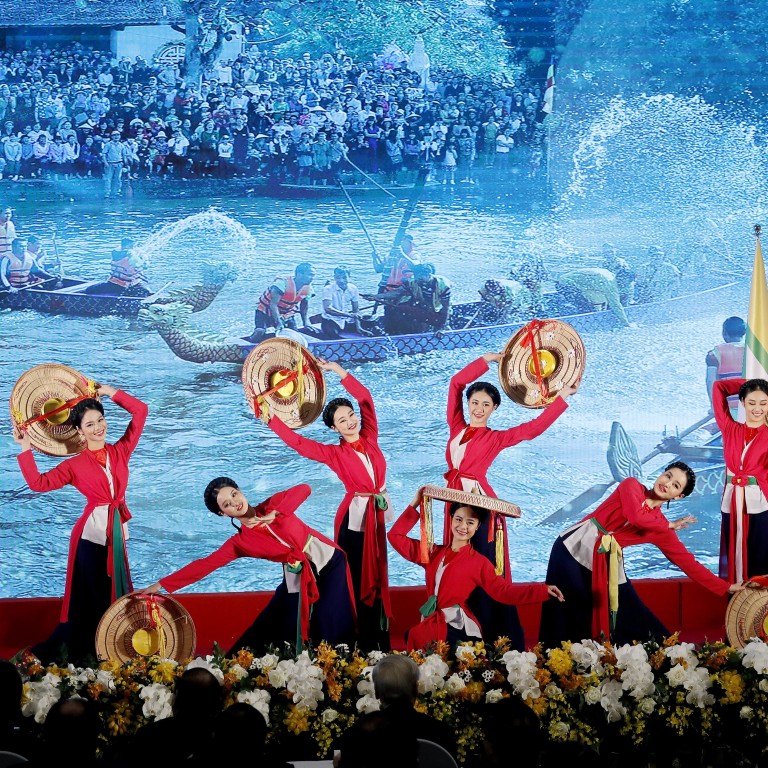
Asean braces for Trump administration’s parting shot at China
- The Trump administration’s final meetings with the Southeast Asian bloc take place on Saturday. True to form Trump himself won’t be there
- His anti-China rhetoric is, however, expected to make an appearance – even though it will be Biden’s agenda that will really be exercising minds
While there may be some valedictory remarks among the leaders of the 10-nation Association of Southeast Asian Nations for the outgoing US administration, observers said the focus hereafter would be on cooperation with the multilateralism-favouring Biden – though some expect elements of Trump’s policies to be retained.
Explained: What is Asean and why was it formed?
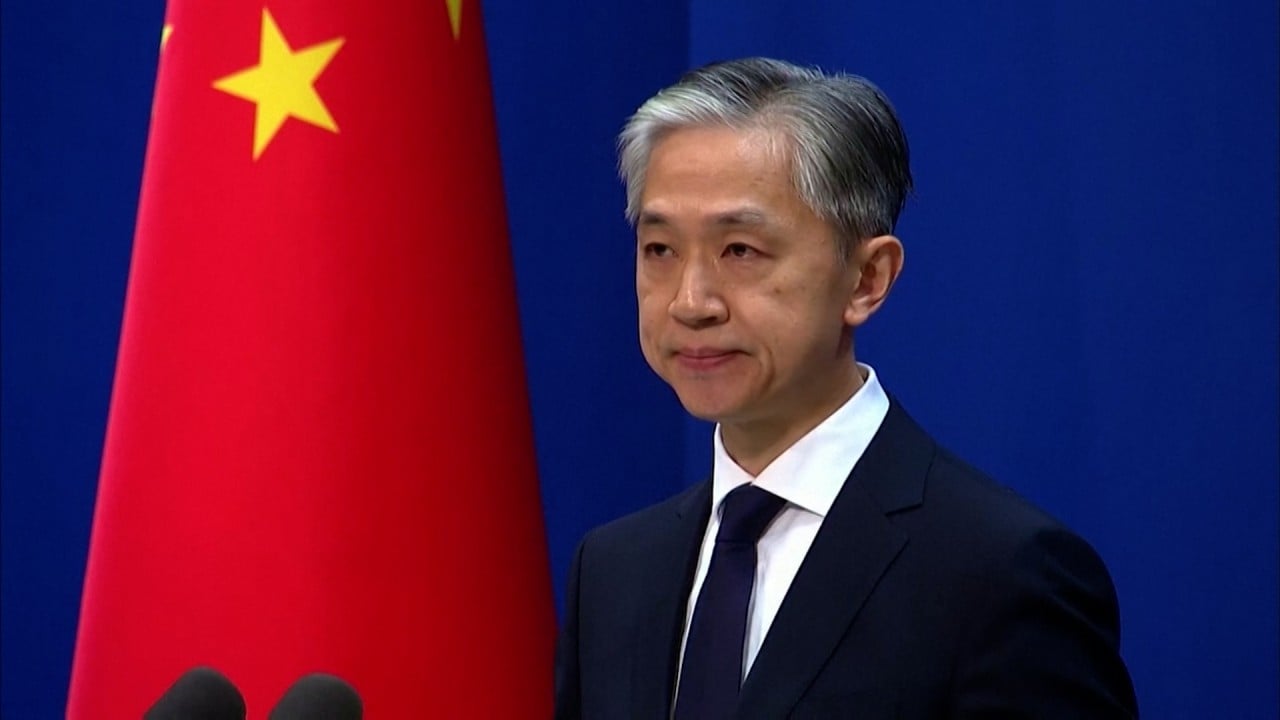
00:41
China congratulates Joe Biden on being elected US president
An Asia-based State Department media affairs official said there was no confirmation on who would lead the US delegation. Asean diplomats meanwhile said they were not expecting high-level representation from the US despite the participation of their own leaders. China’s Premier Li Keqiang and the Russian President Vladimir Putin have confirmed their attendance at the virtual meeting.
Trump’s probable absence at the meeting will be in keeping with precedent; he has attended only one of three EAS meetings since he came to power in 2017. In 2018, Vice-President Mike Pence was dispatched and last year Washington sent a scaled-back delegation led by national security adviser Robert O’ Brien and Commerce Secretary Wilbur Ross.
Asean summit opens with South China Sea, Covid and US-China tensions on agenda
State Department official Atul Keshap suggested as much this week during a webinar on the EAS, saying he expected regional leaders to echo American concerns on “Beijing’s assault on the autonomy of its neighbours and on the rules-based system that has underpinned global prosperity and peace for decades”.
Keshap, who is the principal deputy assistant secretary of state for East Asian and Pacific Affairs, said “the United States will be equally candid in our remarks”.
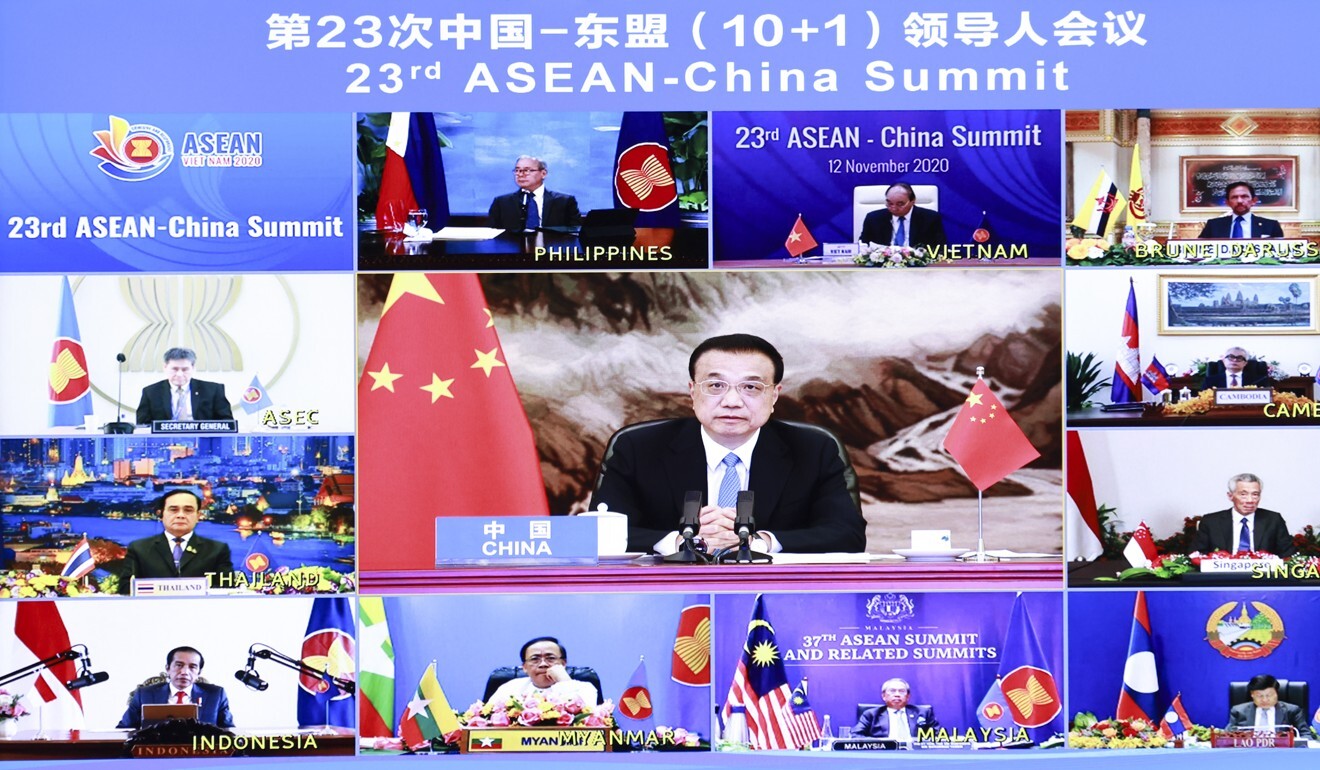
Anthony Nelson, a Washington-based observer of Asean affairs, said US officials’ likely parting shot at China during the EAS may be linked to Secretary of State Mike Pompeo’s current focus on establishing himself as a China hawk.
Bilahari dismisses claim he is an ‘agent’, after hinting Asean should expel Cambodia
Pompeo is among the Republicans said to be eyeing a 2024 presidential run.
“I imagine a strong statement on the US as a bulwark against China will be made, regardless of who the participant is,” said Nelson, senior director of the East Asia and Pacific practice with the US business advisory firm Albright Stonebridge Group.
Going by the stances taken by Asean nations, such rhetoric is unlikely to have support during the meeting, regional observers said.
“Some in the region did welcome the more hardline approach, but many more have become more uneasy with the black and white binary world view promoted by Trump and Pompeo,” said Ngeow Chow Bing, director of the Institute of China Studies at the University of Malaya.
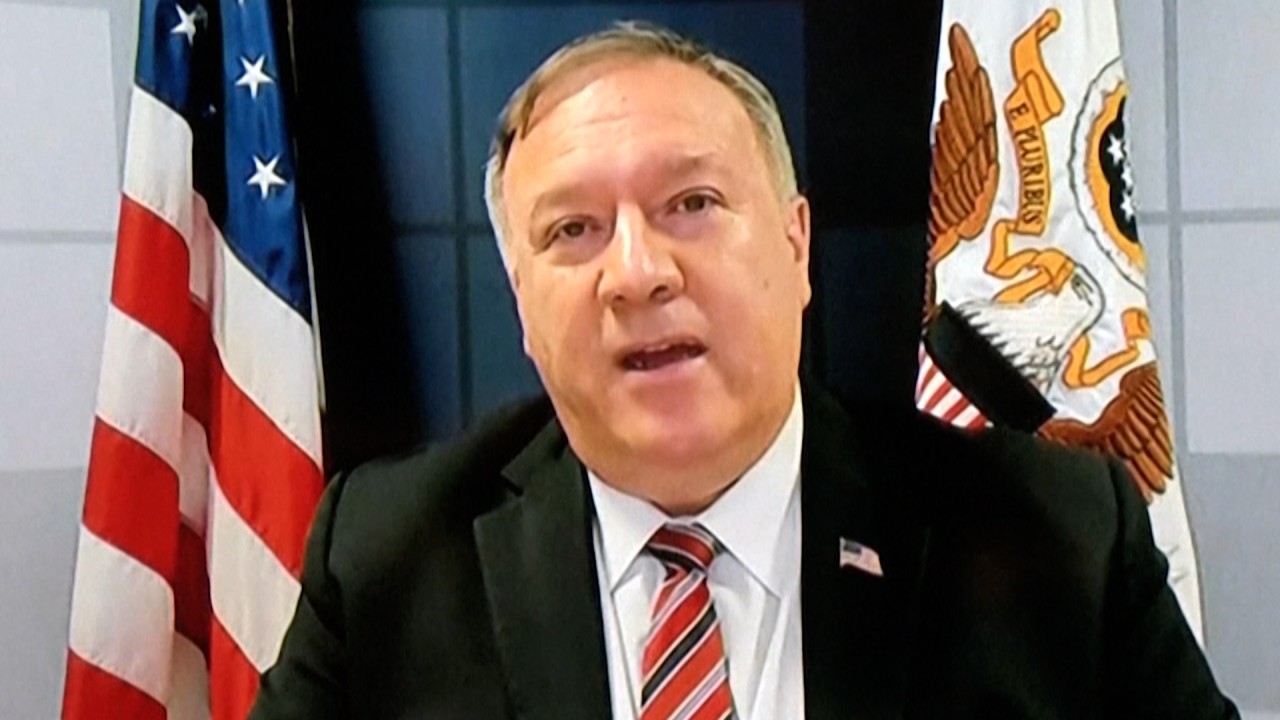
00:53
South China Sea: Don’t let China ‘walk over us’, says Pompeo during Asean meeting
‘FRESH DIRECTION’
While there may be some valedictory words for Trump and Pompeo from the region’s leaders at the US-Asean Summit, regional diplomats working exclusively on their countries’ multilateral dealings with the regional bloc privately say they experienced constant frustration with the way Asean engagement was viewed as a secondary US priority during Trump’s tenure.
A new direction from the Biden administration would be appreciated, the diplomats said, stressing that this sentiment was not due to a preference for Democrat-led government in the US.
High among their grievances was the president’s failure to show up at EAS meetings. In his sole appearance in 2017, he delegated then Secretary of State Rex Tillerson to deputise for him in the main plenary session.
Then, wanting to make up for his absence in last year’s edition, Trump proposed a special summit with Asean leaders in Las Vegas in March but suggestions that the White House chose the timing and venue to suit the president’s campaign plans caused further irritation. The event was subsequently called off due to the pandemic.
Nina Hachigian, who served as US ambassador to Asean from 2014 to 2017, said given Asean’s sensitivity to whether their partners show up to summits, the bloc would “remember that the Trump Administration did not attend summits and meetings at a senior level and left key ambassadorships vacant”.
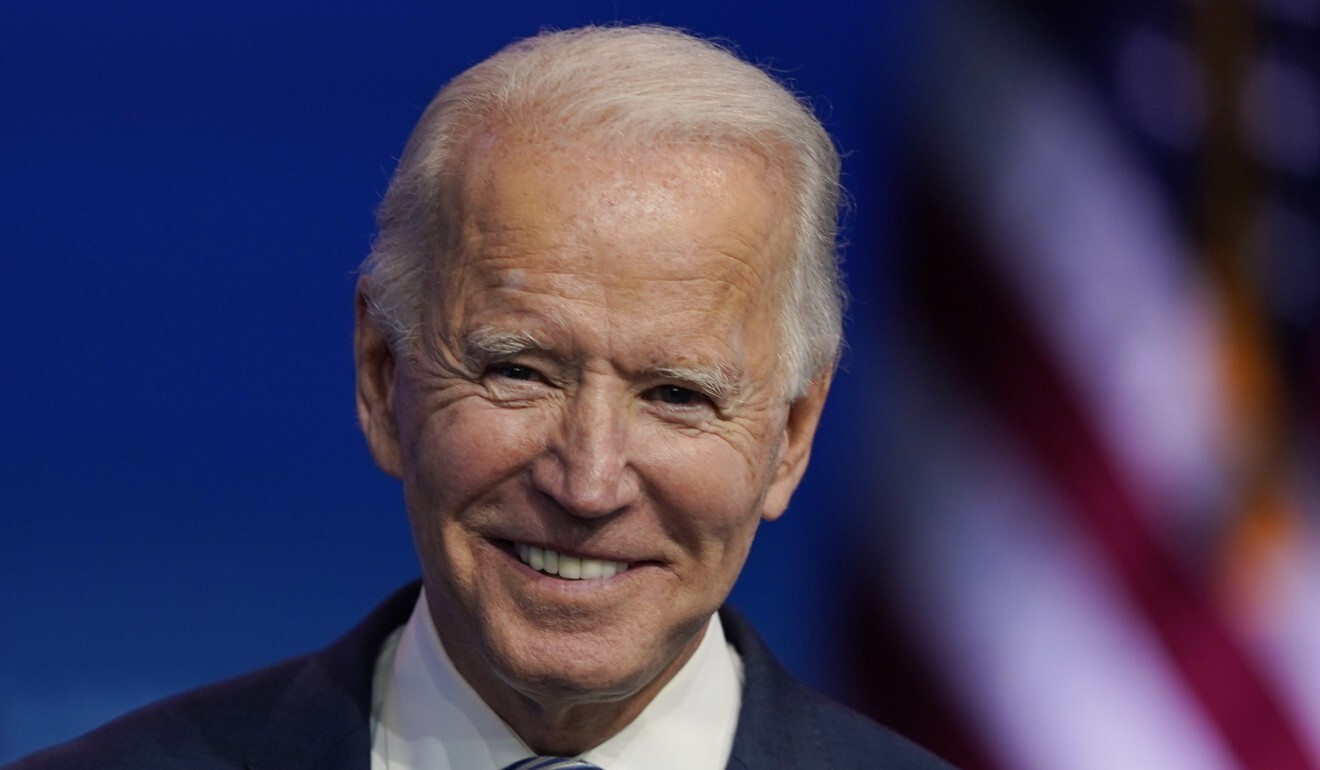
Hachigian, presently a deputy mayor in Los Angeles, said: “It is very important to have ambassadors in those two key posts, and I expect the Biden-Harris Administration will try to fill them quickly. When they can actually get out to the region will depend on the Senate confirmation process.”
On the policy front, the experts said Biden’s administration was expected to retain Washington’s firmer stance on the South China Sea dispute between regional claimants and Beijing and its open support – and allocation of resources – for Mekong nations facing droughts amid questions over whether China is distorting water flows upstream of the 4,350km river.
South China Sea: Asean states set course for Beijing’s red line
“I think he will have to spend significant political capital on it, so I don’t think he will do this any time soon,” said the Malaysian professor.
Bich T. Tran, a Vietnamese researcher with the Global Affairs Research Center at the University of Antwerp, said all the talk of Asean’s expectation of Biden’s presidency constituted “only one side of the coin”.

